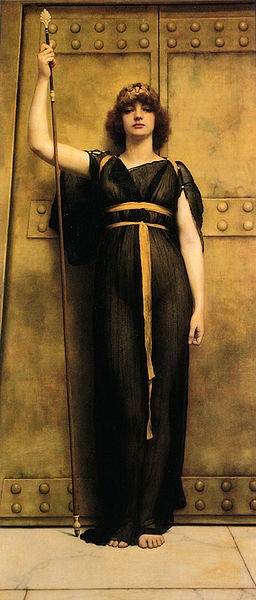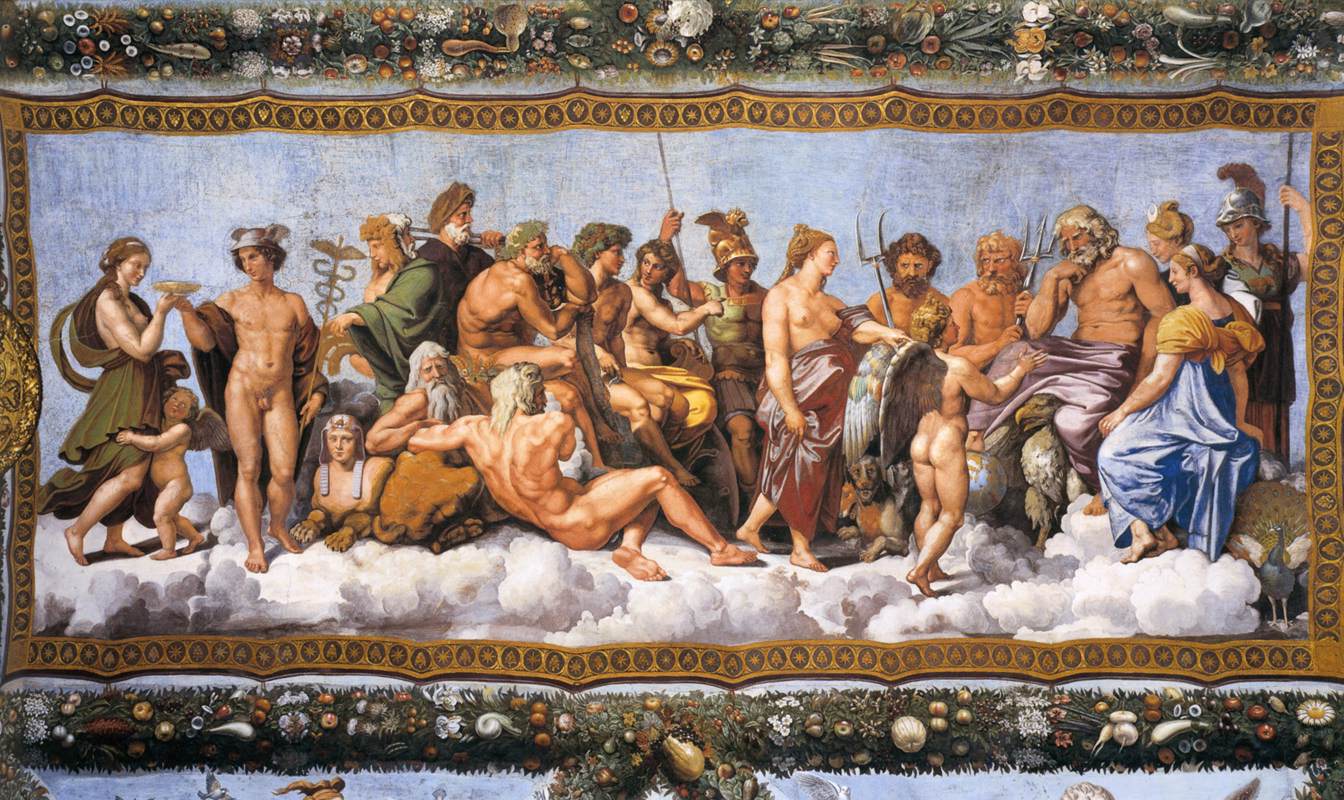This is a Patheos wide topic. Below in quotes is the writing prompt.
“Despite decades of positive change toward gender equality in American society, women remain under-represented in leadership positions in most major faith groups. What theological and social factors lie behind this resistance to change? How can more women gain access to leadership positions? What impact have women had in faith traditions with greater levels of equality? What might change if women had greater responsibility in religious organizations?”
These are important questions, but the answers, especially to the theological and social factors behind this, could fill several books! Most of this prompt, though, doesn’t directly relate to Paganism. Paganism in the 20th and 21st centuries seems to me to be full of women in religious leadership. It hasn’t been devoid of sexism, but in general, modern Paganism seems to respect that women are complete human beings, autonomous, capable of directing their own souls and spiritual journeys, and as such, women are fully able to be in positions of religious leadership.

Something that separates Pagan religious leadership from other religions is the understanding that we are all in charge of our own spiritual journeys. Priest/ess is a skill that may or may not be necessary for one’s tradition! Some traditions consider a person a priest/ess upon initiation, some require more formal skill sets, others can claim that title if they want whenever they feel like it, or when their gods confer the title upon them. We don’t have a single formal process for leadership, for better and for worse. At the core of this is an understanding that Pagans don’t need outside mediators to legitimize their spiritual authority. This is particularly important to me, as a feminist and as a woman, when so many religious and social forces in the world want to tell me how to look, act, feel, and experience the divine.
If there has been resistance to women as leaders within the Pagan communities, I have not seen it first hand, nor experienced it myself. Although, given that we live in a sexist overculture, I would not be surprised to hear that sexism continues to be a lurking and malevolent force at play in the various Pagan communities.
People, in all religious traditions, polytheist or monotheist or any other flavor, could help women gain access to positions of leadership by doing the following things:
1) acknowledge that women are complete human beings, capable of leadership;
2) support the women in their communities who have the desire and skills for leadership. This is perhaps the biggest and most important one. Women cannot pursue their passions if they have to work full time jobs AND be the sole housekeeper and child-rearer. Anyone, male or female, who wants to be in a position of leadership must be tending their own spiritual practices and communities. Doing this takes time and space. Do the women who desire to serve more deeply have the time and space for a practice of their own? If not, how can the people in their lives help? This can be monetary assistance, child care, providing meals or transportation, and other forms of support;
3) recognize areas in one’s community in need of leadership, and support women to get the training they might need to fill such roles; then support them as outlined above.
Of course, points 2 and 3 are important for any person who wants to pursue their passions or engage in deeper community service, religious or otherwise!
Women have had an equal part in shaping modern Paganism. I’m proud of that legacy. What’s exciting to me is that I see the Pagan communities going beyond issues of sexism that still plague so much of the mainstream, monotheistic religious world; I see us struggling with issues of gender, race, and class. When it comes to supporting women in ministry/religious leadership, I think the other religions have a lot to learn from us!















